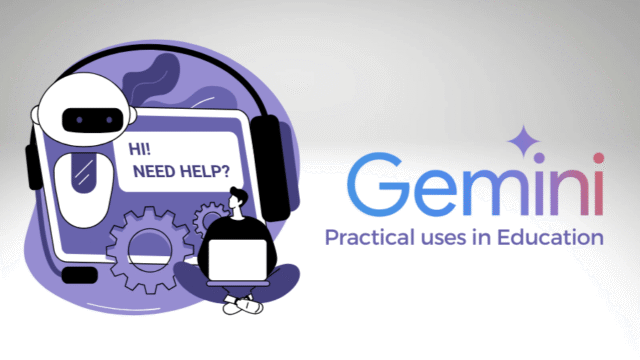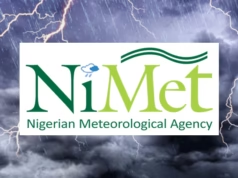Google’s Gemini for Education rolls out across more than 1,000 universities and colleges in the United States, marking a defining moment for higher education worldwide. The launch, backed by a billion-dollar multi-year commitment, is not just about introducing new software but reshaping how learning, teaching, and campus administration work together.
For years, conversations around Artificial Intelligence in education sounded futuristic. Teachers wondered if AI could one day help grade assignments faster or personalise lessons for struggling students. Now, those questions are moving from theory to practice. With Gemini, institutions can access AI-driven tools that simplify workloads, provide predictive insights about students at risk, and enhance classroom engagement.
For Nigerian educators following this global development, the rollout signals what may soon be possible across Africa’s classrooms. The promise of Gemini is not just about fancy technology but about practical solutions: making education more accessible, more personal, and more efficient.
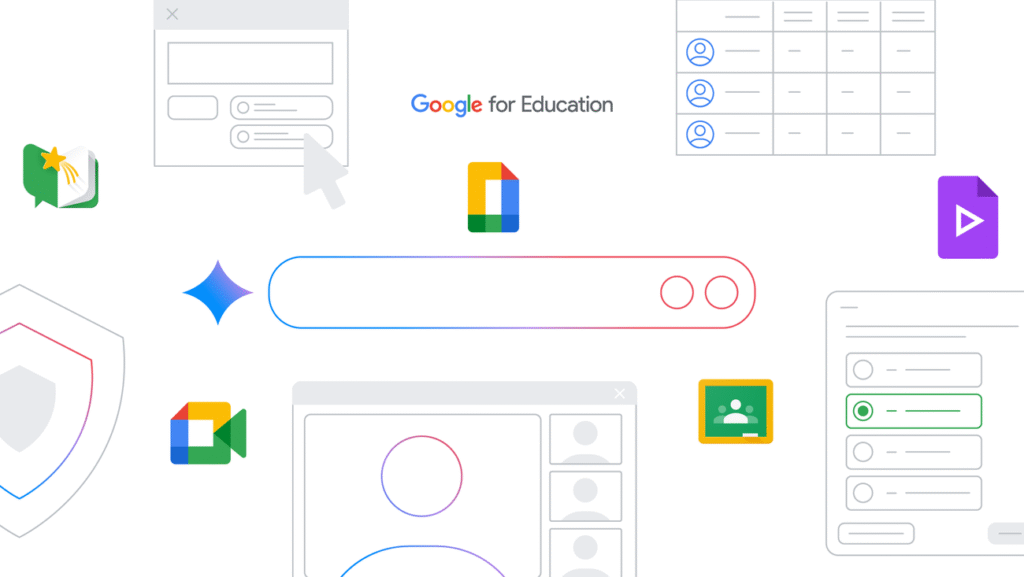
Table of Contents
AI-Powered Classrooms Already Taking Shape
Several American universities have jumped on board, offering a glimpse of what’s possible. At San Diego State University, virtual teaching assistants powered by Gemini are helping lecturers manage large classes. Indiana University is encouraging students to build their own AI tools, a move that blends learning with innovation. John Jay College of Criminal Justice has started using predictive AI models to identify students who may need extra support before they drop out.
These aren’t just experiments—they’re proof that AI is no longer confined to labs and pilot studies. Instead, it is solving real problems in real time.
Imagine such solutions in Nigeria: AI tools that can help a Lagos secondary school teacher prepare lesson plans faster, or a university in Enugu using predictive analytics to alert staff when students are struggling academically. Given Nigeria’s large classrooms, underfunded institutions, and overworked teachers, the benefits could be enormous.
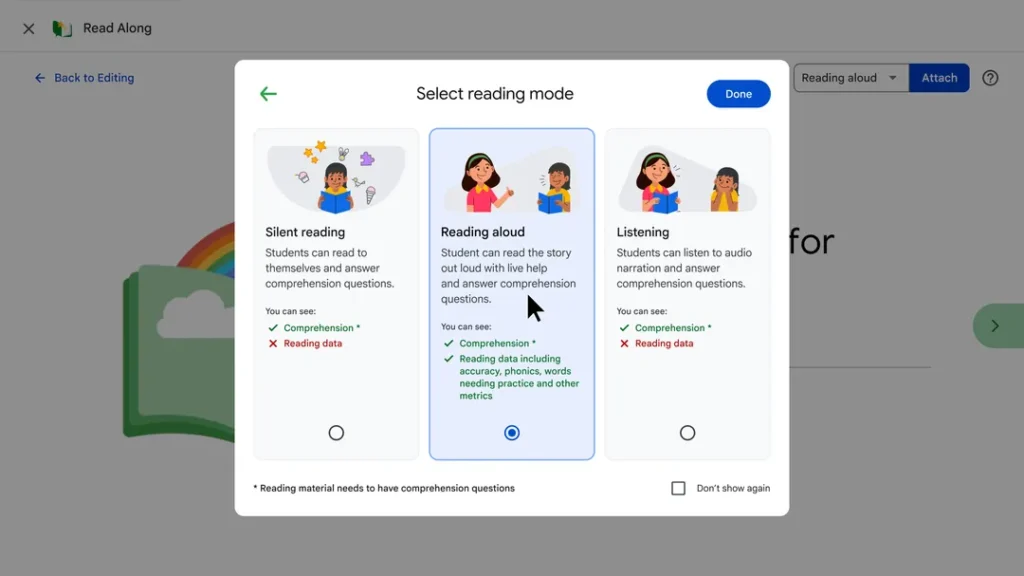
Training, Ethics, and Support at the Centre of the Rollout
Google is not simply handing over technology and walking away. The Gemini rollout includes an AI for Education Accelerator programme, cloud credits, curriculum kits, and AI literacy training for staff and students. More than 100 universities in the U.S. have already signed up for this training framework.
This matters because technology alone doesn’t transform education—people do. By equipping teachers, administrators, and students with the knowledge to use AI responsibly, Google is addressing a critical gap: digital literacy. The tools come with data protection measures, admin controls, and responsible AI practices designed to ensure safe classroom use.
In a Nigerian context, this training element could be the most valuable. Many schools have computer labs, but teachers often lack hands-on support to integrate technology effectively into lessons. A Gemini-style rollout with structured training and ethical guidelines could help Nigeria avoid the pitfalls of unregulated AI use while ensuring equitable access across rural and urban schools.
Beyond the U.S.: A Global Vision That Includes Africa
While the present focus is U.S. higher education, Google has already expanded Gemini’s study tools across Europe, the Middle East, and Africa. Students now have access to features like guided learning, AI-generated quizzes, flashcards, and research assistants built into Google Classroom and Workspace for Education. These tools are free for schools, with advanced features available for institutions that want more customisation.
This global vision matters for Nigeria and Africa as a whole. With over 200 million people, nearly half of whom are under 18, Nigeria faces one of the world’s biggest challenges in delivering quality education. AI tools like Gemini could help bridge the gap between limited human resources and rising student populations.
Of course, challenges remain: electricity, internet access, cost of devices, and teacher readiness. But the rollout shows what’s possible if governments, tech companies, and schools work together. A decade ago, free email for students and cloud storage for teachers felt revolutionary. Today, AI-powered lesson planning, virtual tutors, and predictive analytics could be the next big leap.
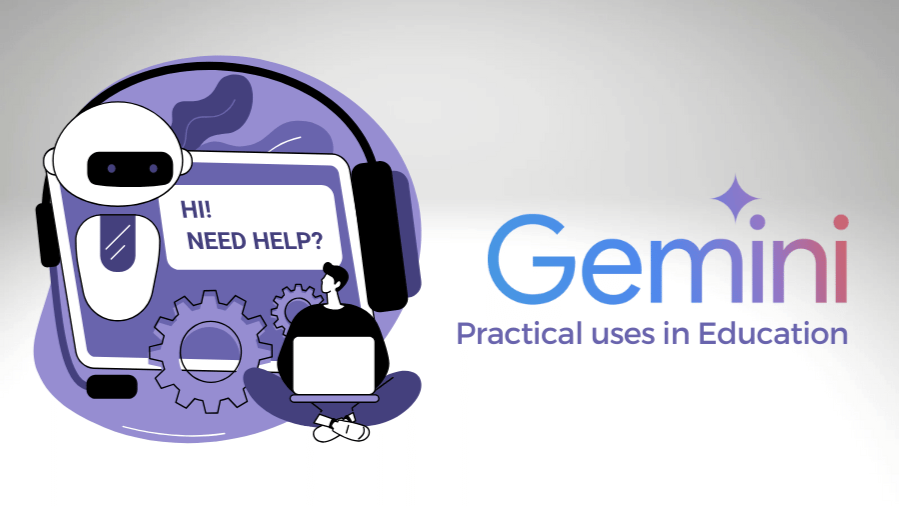
Conclusion: Preparing for Nigeria’s AI-Driven Education Future
The story of Google’s Gemini for Education is not just about U.S. colleges—it’s a global signal. Education systems everywhere must prepare for a future where AI becomes as common as textbooks and chalkboards. For Nigeria, this could mean pushing beyond digital literacy to embrace AI literacy: teaching not just how to use computers but how to use AI ethically, responsibly, and creatively.
If properly adapted, Gemini could help Nigerian students learn at their own pace, teachers manage heavy workloads, and universities make smarter decisions with data. More importantly, it could make education more inclusive—reaching rural students and under-resourced schools with the same powerful tools available in elite institutions.
The future of education is unfolding, and Nigeria cannot afford to watch from the sidelines. Gemini’s rollout is a wake-up call: the classroom of tomorrow is here today.
Join Our Social Media Channels:
WhatsApp: NaijaEyes
Facebook: NaijaEyes
Twitter: NaijaEyes
Instagram: NaijaEyes
TikTok: NaijaEyes


